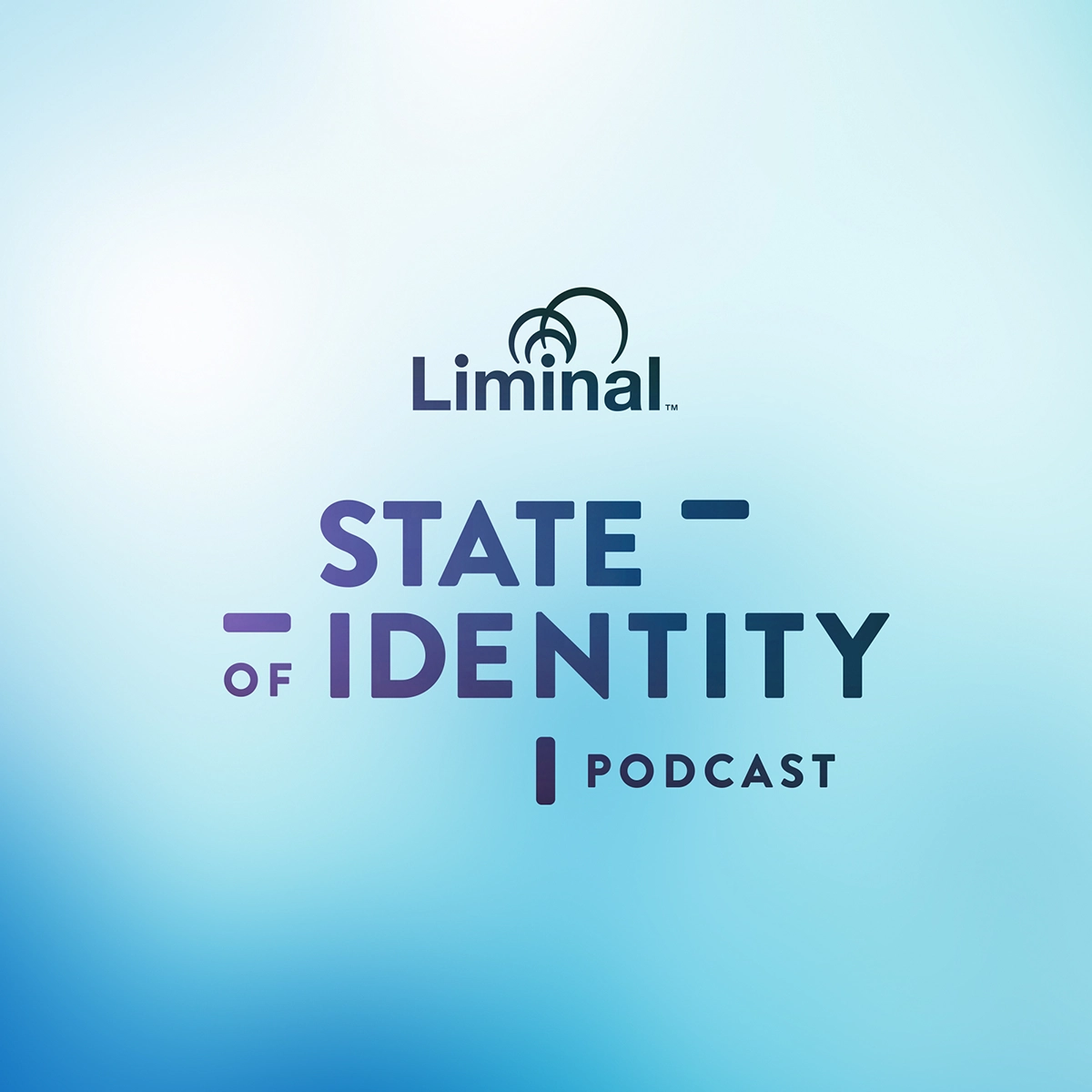This week’s State of Identity podcast welcomes Sarah Clark, Senior Vice President of Digital Identity at Mastercard & Carlos Collodoro, CEO at IDPBR. We unpack the unique circumstances of the digital identity market in Brazil. Hear the similarities that Brazil has with other state-level fragmented markets like the United States and what some of the challenges are of spinning up an identity network without direct support from government agencies.
PODCASTS

07/07/22
The Global Identity Network
Hosted by
Cameron D'Ambrosi
Senior Principal at Liminal
Guest
Sarah Clark,Carlos Collodoro
Links
